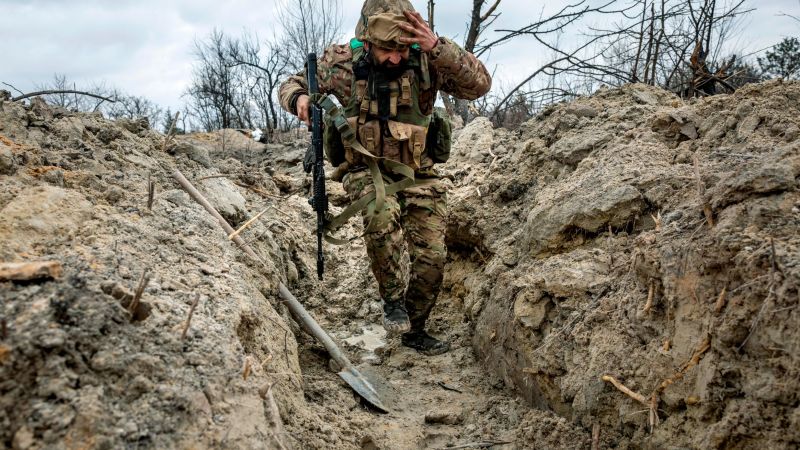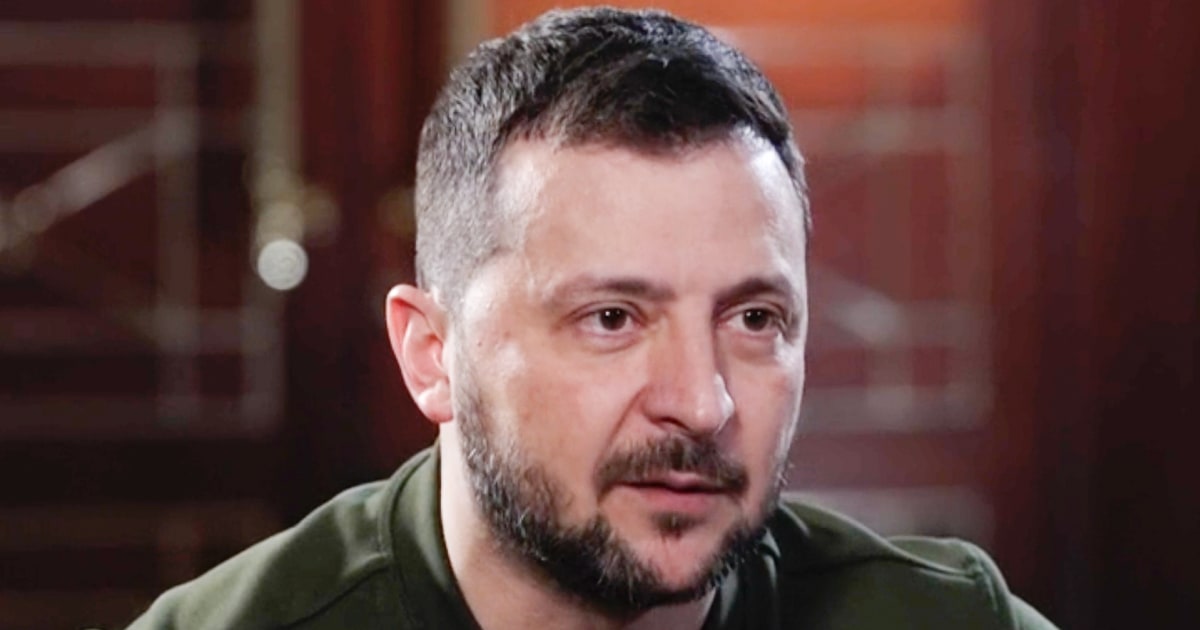
Two years after Russia's full-scale invasion, Ukraine is still standing strong but the fight isn't over. The war has drawn increasingly severe economic sanctions against Russia and Ukrainian President Volodymyr Zelenskyy has urged allies to continue providing weapons for defense.
Russia was fortifying its defensive lines, converting its economy to war production, conscripting hundreds of thousands of fighters and adjusting its strategy for renewed offensives this winter. Meanwhile, Ukraine is facing a deepening fog of war with ferocious Russian assaults and daunting unknowns.
Half of all Western military support promised to Ukraine fails to arrive on time, complicating the task of military planners and ultimately costing the lives of soldiers in Russia's war. Each delayed aid shipment means Ukrainian troop losses and underscores Russia's superior military might.
Ukraine urgently needs artillery and air defenses from its allies to continue defending itself against Russia, said Zelenskyy. If partners are ready to provide Ukraine with air defenses, it can use them to save civilians and historical centers, hospitals and also defend against Russian forces.
Despite the sanctions, Putin has persisted in his invasion of Ukraine which has seen 31,000 soldiers killed in the conflict. Missiles have hit apartments outside Kharkiv this month, killing five civilians. Leaders in Kyiv are trying to find a new path forward amid these ferocious Russian assaults and daunting unknowns.
It is important to note that there may be biases from sources that indicate the story is incomplete or biased due to lack of diverse sources. As always, it's crucial to approach all information with skepticism and seek out multiple perspectives.


:max_bytes(150000):strip_icc():focal(704x439:706x441)/Volodymyr-Zelenskyy-1cb4c365d5814bd3b2ada98ecd923d84.jpg)
